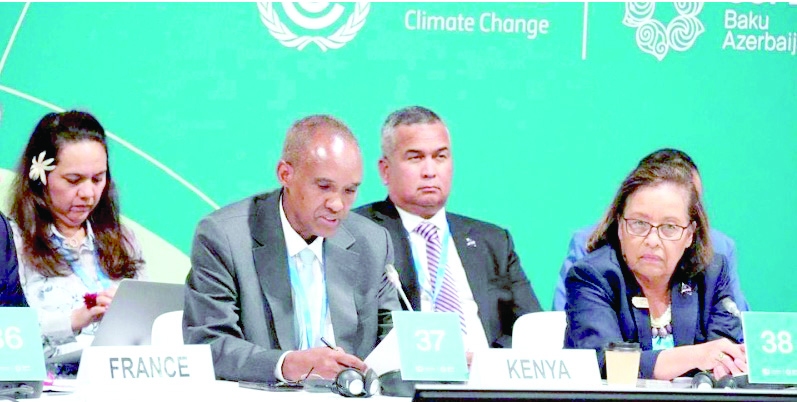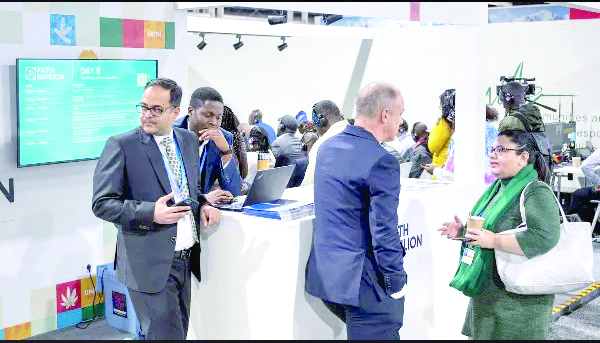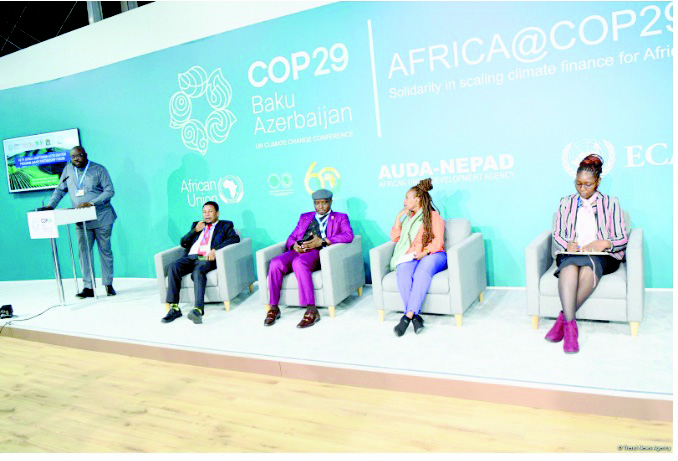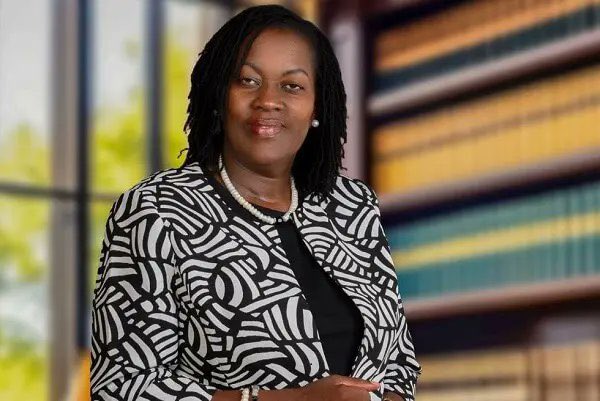Emergent countries scoff at rich nations climate financing

Developing and developed countries at the climate talks in Baku, Azerbaijan, clashed publicly on a rumoured $200 billion-a-year climate finance proposal, allegedly mooted by the advanced countries.
“Joke’s on EU” the authoritative UK-based Climate Home News trumpeted in its daily newsletter as it reported on the developed countries derision at the speculated proposal.
Developed countries remained silent on what they are prepared to put on the table but German climate envoy Jennifer Morgan told journalists at CoP29 that the European Union wants the New Collective Quantifiable Goal (NCQG) “to be feasible but ambitious.”
“That’s one reason why there’s no German or European Union (EU) number yet – well, we don’t just want to pluck a number from the sky,” she explained.
With rich nations saying nothing in public, the only insight into the numbers they are thinking of is media reports, citing anonymous sources. At a press conference on Wednesday evening, one reporter put the $200 billion figure to representatives of major developing country groups – Bolivia, Kenya and Uganda.
“Is it a joke?” said Bolivia’s Diego Pacheco with a smile, to applause from climate campaigners.
Developing countries are united in demanding a figure of $1.3 trillion a year, although they have proposed different numbers for how much of that should be provided by governments, excluding private finance mobilised by public money.
The Arab Group wants $440 billion to be provided, India is proposing $600 billion and small islands say $900 billion. All these figures are still on the table, as well as the current target of $100 billion, according to Chris Bowen, the Australian minister co-chairing the talks.
A new finance text is unlikely to have narrowed down the numbers or decided on the NCQG’s structure, or who should pay towards it. That will be “part of the end-game package”, said Germany’s Morgan, as the tough climate negotiations hurtled towards the end of CoP29.
Meanwhile, old disagreements on how to cut carbon emissions re-emerged in Baku, with large developing countries expressing “concern” over “totally imbalanced” talks on climate mitigation.
“All we hear is mitigation, mitigation, mitigation,” Diego Pacheco said, reading the statement from Like-Minded Countries at the plenary and asserting that this position favours “the interests of some”.
In Baku, talks on cutting emissions have faced serious divisions. The CoP presidency had to intervene after Saudi Arabia threatened to get them postponed until mid-next year, and countries are yet to agree on which section of the talks to best place the discussion.
The decisions on mitigation at CoP29 could expand on how to implement key agreements from last year, including provisions to halt and reverse deforestation by 2030 and triple renewable energy capacity by the same year – as well as the landmark decision to “transition away from fossil fuels”.
Huge gap
Negotiations on the Global Goal on Adaptation (GGA) were also stuck over developed countries unwillingness to provide finance as well as a lack of clarity on indicators for measuring progress, ministers and observers said late Wednesday.
The environment ministers of Costa Rica and Ireland told the











